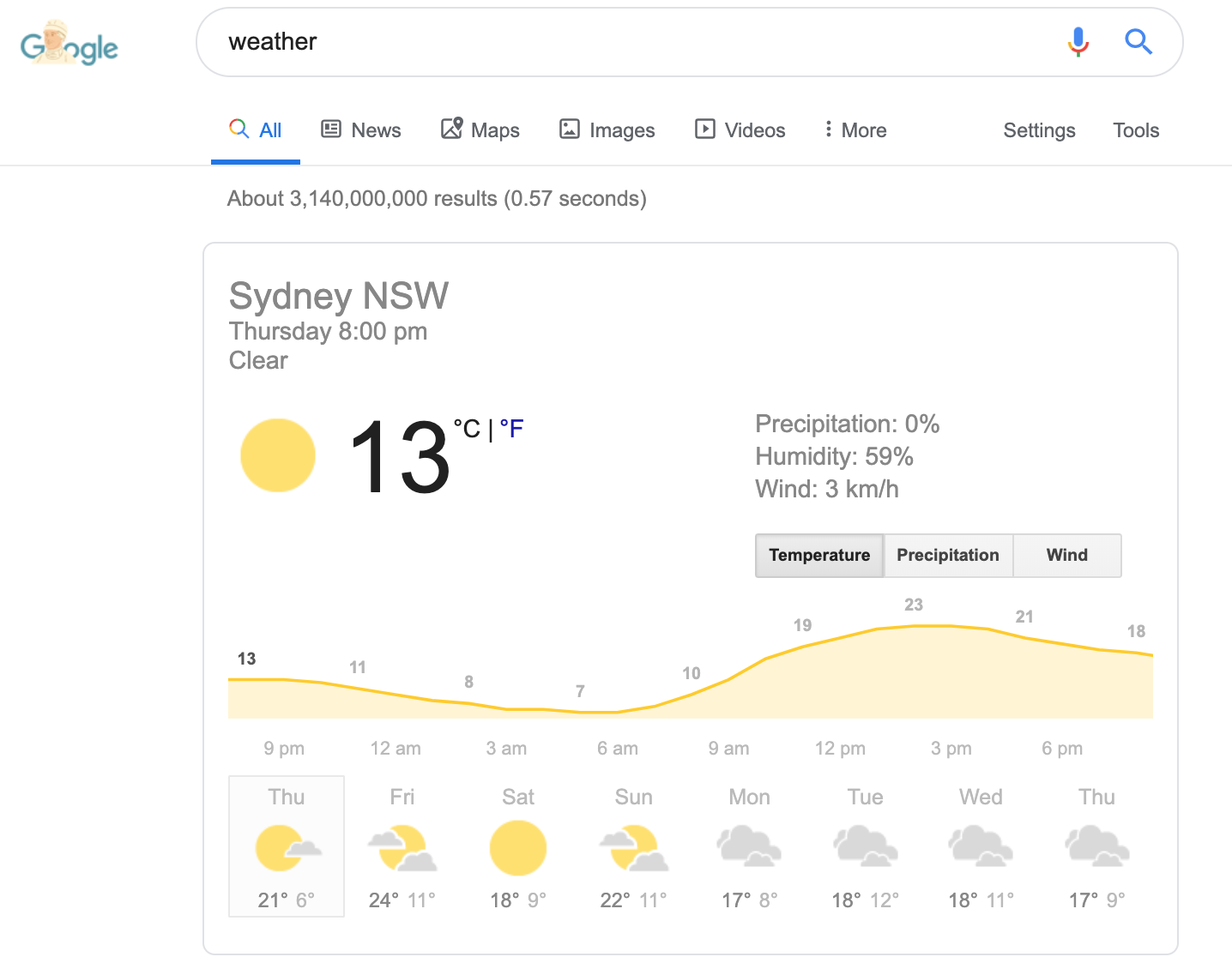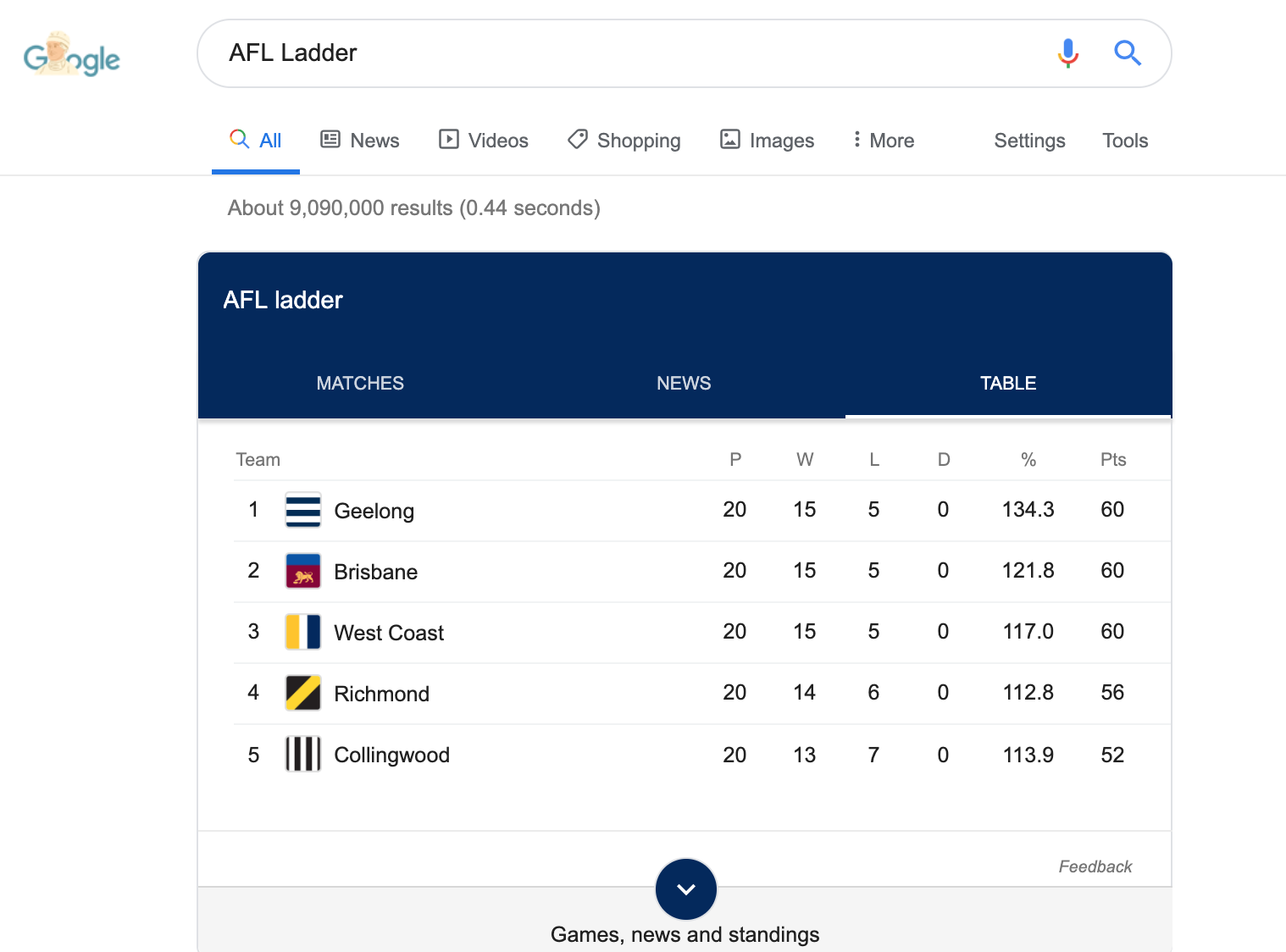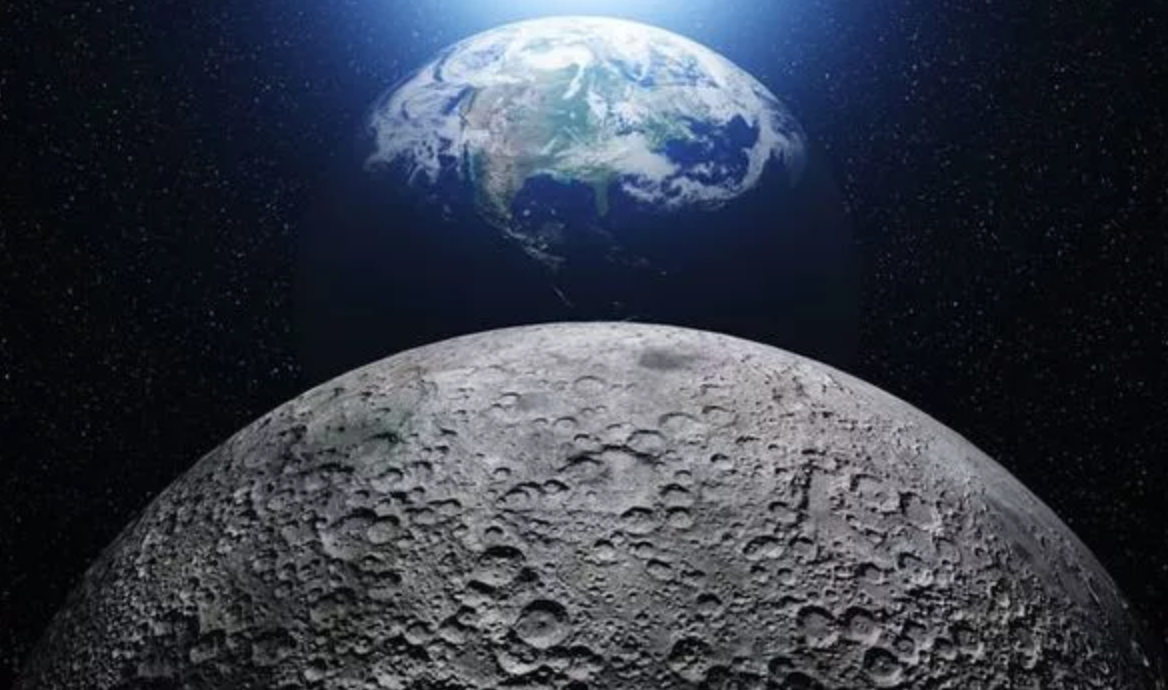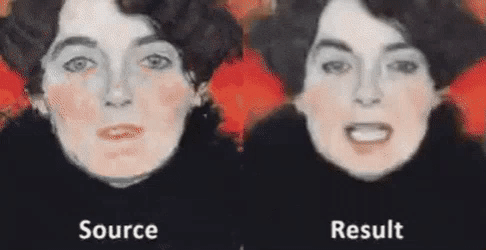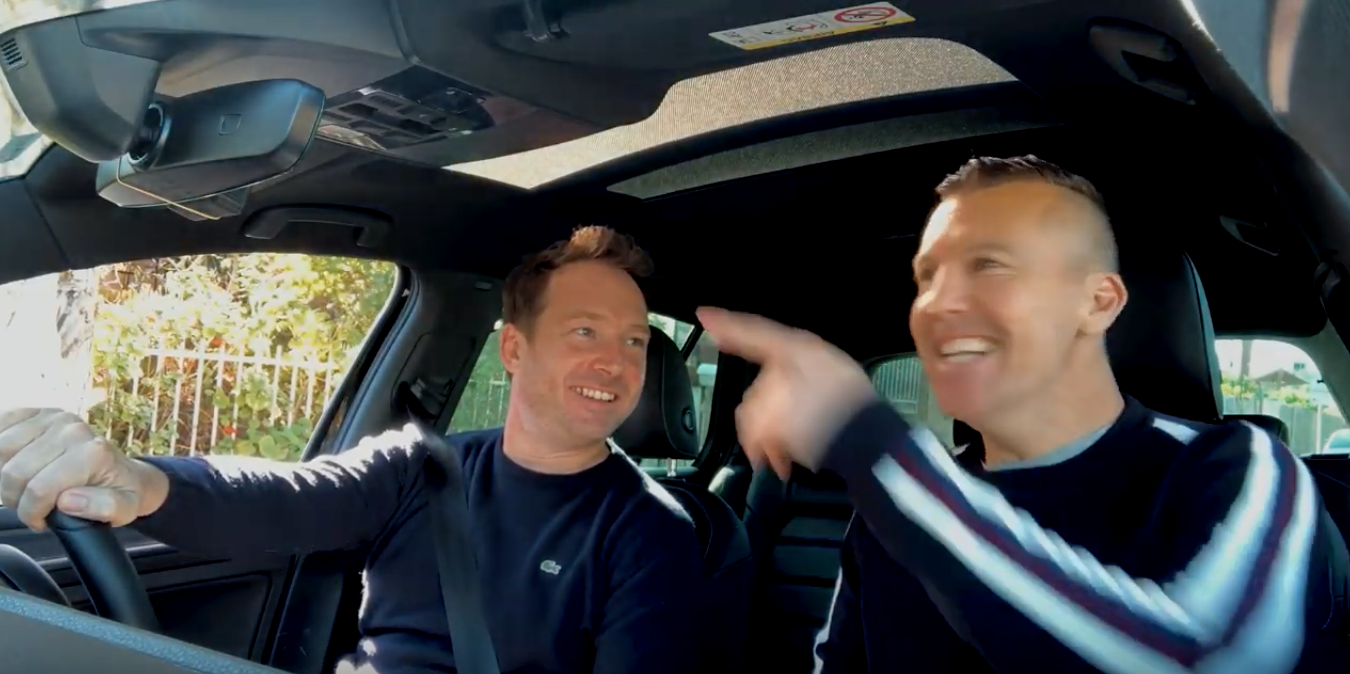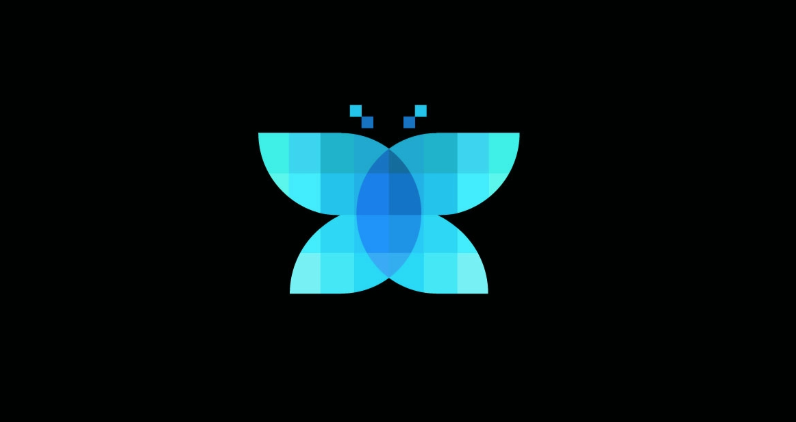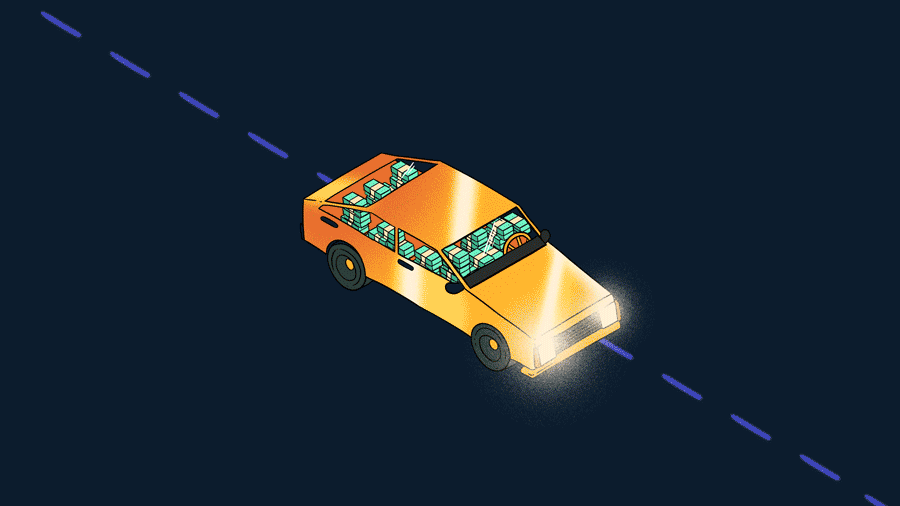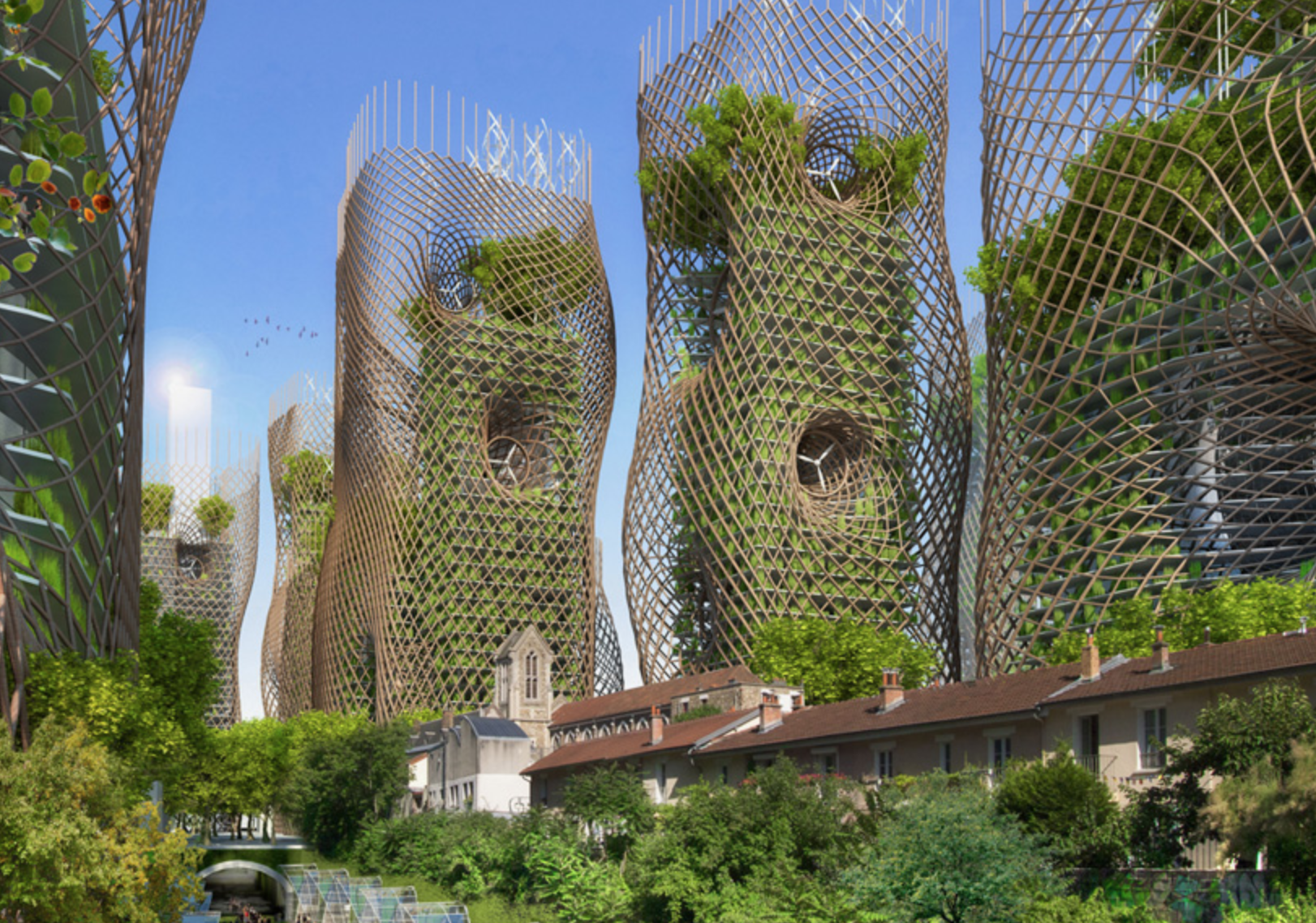
Ten years is not a very long time, but in a world of exponential technology, a lot can happen. So I thought I’d provide some predictions for the world by 2030. Thirty of them, to be precise. Let’s call it 30 for 2030.
Sure, some of the ideas below might seem like science fiction or fantasy, but so was much of the technology we take for granted today. It makes sense to think about these now, so that we can consider longer-term career, financial and corporate strategy decisions today. So buckle your seat belt, open your mind and enjoy!
1. All-Electric Economy: The vast majority of the energy we consume in the future will be electric. Fossil fuels will be replaced almost entirely by electricity, generated by renewables. Electricity will win not through a political battle, but purely through economics. Fossil fuels won’t be able to compete on cost. The energy will be generated by the the sun, wind and water. We’ll find a storage solution 10o times more efficient than the lithium ion batteries we use today.
2. The Energy Internet Emerges: We will be trading energy with each other through a new type of distributed energy grid. It will be akin to the way we trade information with each other on the internet now – except it will be energy – and we will generate excess energy on our buildings. Sometimes we’ll get paid for it and sometimes we’ll simply give it away. Centralised energy production will go the way of centralised news and media – and mostly be replaced by user generated content (but this time it’ll be energy).
3. Data Becomes a Liability: Data is currently seen as a commercial asset that companies try to acquire from us. By 2030 this will be reversed. Data will become a well-regulated liability. If companies hold our data it will be like a bank deposit that we own and they look after, and they’ll even have to pay us interest or fees. If they lose it, or it gets stolen, they will have to pay heavily for the mistake.
4. Globalisation Will Go into Reverse: The current trend to re-nationalise, and de-globalise will continue. Countries will become more closed and trade less. Fear of technology, job losses and immigrants will continue its current pattern. This will be further enabled by automation and manufacturing where the low-cost labour market trading advantage evaporates.
5. Climate Issues Will Re-Globalise: We will only become a truly global community when climate catastrophe demands it. While the technology to de-carbonise our economy is already here, we’ll be stifled by politics and the worst will hit in the early 2030s creating a necessary global alliance across countries for species survival.
6. Mobile Work > Office Work: More people will work away from office and formal work locations than those who work in them. Large companies will realise modern offices are a poor allocation of resources and de-centralise their workforces. Most people will be mobile in their work and cross-fertilise ideas with people outside their company and industry.
7. Freelancers Overtake Employees: There will be more freelance workers selling their time and skills on projects for companies than people who are full-time employees. As technology removes the friction of employment, we’ll all become modern day digital craftspeople.
8. Gigs with Benefits: The gig economy will evolve from its current exploitative business model. New startups will emerge to perform the roles of what unions and HR departments used to do to represent and organise gig economy workers. These quasi-union organisations will facilitate work benefits once only available to full-time employees. Think sick leave, annual leave, superannuation, training, wage negotiation. This will become a huge industry and may work in conjunction with the superannuation industry as employee numbers decline.
9. Regional Renaissance: Administrators and residents from regional areas will realise the internet can change their fortunes. Global e-commerce, lower living costs and higher living standards will create a renaissance for non-city places of great beauty. They’ll leverage their geographic monopolies and localised products, sell to global market places and compete effectively with cities.
10. Public and Private Transport Morph: The two forms of transport will continue its trajectory to differentiate from each other. Autonomous vehicles will be owned by private people who rent them to public systems. The shape of public and private transport will replicate each other and become mobile forms of commerce, relaxation and entertainment zones.
11. National Parks 2.0: National parks are generally enclaves reinventing the way the ‘world used to be’. A new form of National Park will emerge in cities. Places where there is no internet connectivity at all. These ‘zones’ will replicate pre-internet industrialisation where humans need to connect directly and nothing can be copied, documented or shared.
12. Cities Redesigned for Living: During industrialisation cities were designed around factories and offices. But cities will be reinvented to be built almost entirely around human living spaces. They will be more green than grey and grow most of the produce for their inhabitants in buildings. They will be pedestrian-centric with clean air.
13. Nationalisation of Technology Platforms: Big tech in America won’t just be split up – they may be acquired by the government and be redefined as national infrastructure – as we saw with railways. Some big tech companies will be repatriated. Many countries will build their own digital platforms such as search and social, taking them out of private hands. Algorithms will be regulated, and listed like food ingredients on digital platforms.
14. Government Will Love Small Again: Governments around the world will finally realise big powerful companies are reducing their tax revenue. They’re doing this in two major ways: through tax avoidance and reducing their number of employees paying PAYE tax due to production automation. New policies will be set in place the world over favouring local and small businesses. The current rhetoric of ‘corporate tax reduction creates employment’ will be rebuffed and the trend of lower corporate tax will be reversed.
15. Highly Paid Because Human: The highest paid jobs in the economy will be paid as such ‘because a human is actually doing it’ even if it could be automated or done by a machine. Think of the cost of a concert versus a digital download, think barista coffee versus coffee machine . We’ll start paying more for the real thing. Highest economic value will be placed on humans doing tasks for other humans, even if a robot ‘can’ do it.
16. Personal Operating Systems Will Arrive: Software systems will organise our personal lives. We’ll train them like dogs and they’ll be our personal life assistant. They will owned by the individuals (rather than a company), powered by open source software and backed up by machine learning.
17. Humans Start Merging with Machines: Information technology and biotechnology will increasingly overlap. We’ll have the first versions of ‘upgraded cognitive ability’ for humans inserted into our bodies. This will start an inevitable split in our species: neo-humans and organic-humans.
18. Humans Become a Hackable Species: As we merge with the machines, we will for the first time become hackable from the inside. The hacking process will mean that we could be programmed to behave in ways we didn’t intend. The hacking will mostly occur without our knowledge that we’ve even actually been hacked.
19. Posthumous Existence: Our memories and intelligence will become uploadable into the cloud. In doing so, many of us will have a posthumous existence and continue relationships with loved ones after we’ve passed.
20. The Higher Education Bubble Will Burst: People will wake up to the fact that all but a few (eg medical) university qualifications can be obtained online, for free, from the world’s best practitioners on those topics. Alternative education methods will emerge and gain more credibility. Knowledge will also start to become a commodity we can buy and download directly into our brains.
21. Crypto Currency Replaces Fiat: Governments around the world will launch crypto currencies to replace their fiat currency. A global crypto currency will emerge and replace the USD as the quasi-official global trading currency.
22. 3D Printing Will Have a Smart Phone Moment: A revolution in 3D printing will occur, probably associated with new materials science. Materials like graphene will become ubiquitous, like ‘plastics’ did in the 1950s. We’ll finally end up with desktop manufacturing in most homes and offices, the way PCs became household items in the 1990s.
23. The Toilet Will Become a Laboratory: The toilet will become a digital health parter as a mini lab in your home. It will be the most high tech device in every home.
24. Everything with Electricity Will Be Smart: If it has electricity, it will be smart and connected to the cloud. There will be near zero dumb devices that require electricity to operate.
25. Augmented Reality Metastructure: A new type of virtual infrastructure will emerge in cities and homes. We’ll put some technology into our eyes (eg glasses or contact lenses) that enables enhanced digital vision of everything around us to augment the physical world and provide bespoke, on-demand information for cognitive shortcuts.
26. Universal Basic Income Will Fade Away: The robot and automation job apocalypse will never eventuate as technology will create more jobs than it destroys. With this, the fashionable concept of UBI will fade away.
27. Clean Meat Movement: Clean meat (nature identical meat grown in a lab) will be lower cost financially and environmentally, than meat grown through traditional agriculture. This will create a massive consumer shift starting with the humble burger, ending in disruption to agricultural industries.
28. Semantic Language Coding: New software will be developed granting coding powers to anyone who can speak. Software that builds software based on voice commands will democratise the code development process, mostly through AI and machine learning.
29. AI Cold War: A cold war around winning the AI race (which has already commenced) will continue, resulting in a handful of AI superpower nation states.
30. Blockchain Digital Commons: Many platform businesses like Uber and Airbnb will be replaced by a new form of Digital Commons. Software will be owned and operated by the providers of the services, instead of a giant internet company like Uber taking 30 percent for every ride organised.
Some of these ideas will happen within a couple of years and some will be closer to the end of the decade – but I’m confident most of them will eventuate. The exciting bit? It’s our turn to go and build all the good stuff and help circumvent the bad bits.


